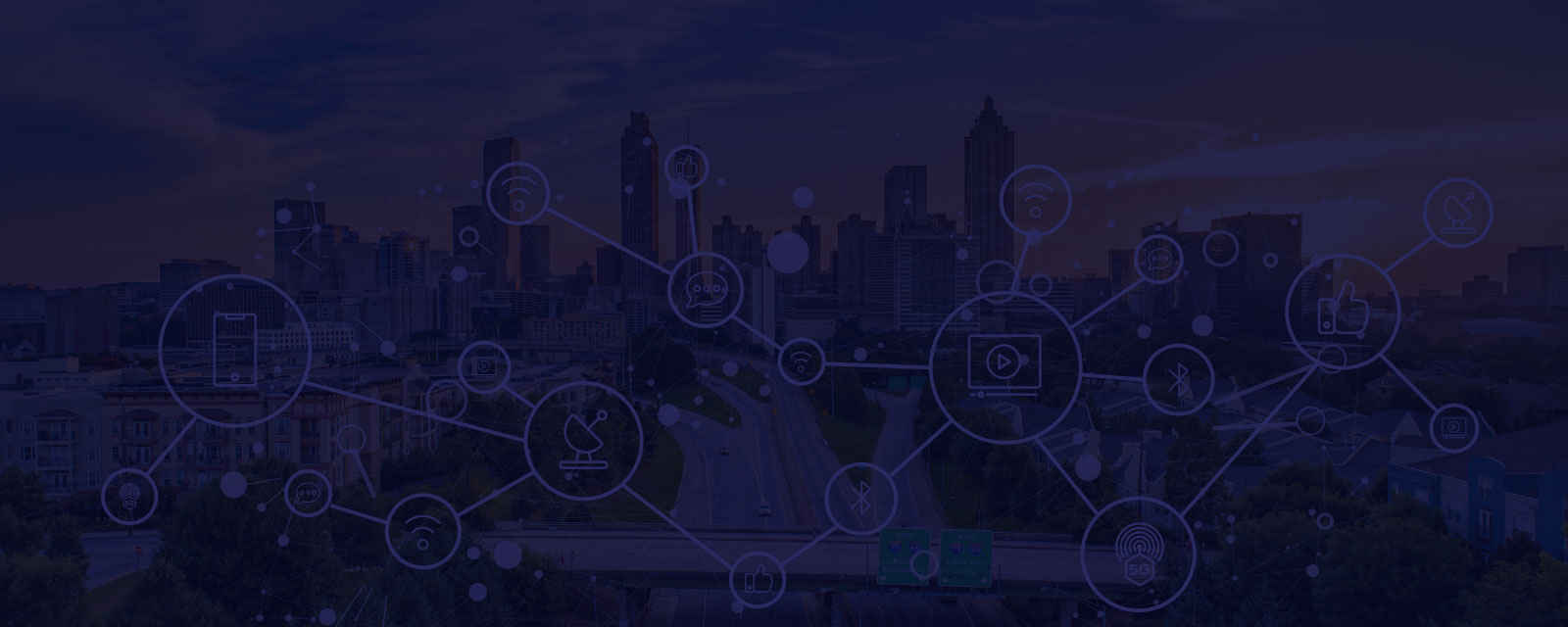My Statement at the FCC’s Safeguarding and Securing the Open Internet Roundtable
The Net Neutrality Series
April 11, 2024
by Joel Thayer, President of The Digital Progress Institute

First, thank you Commissioner Gomez for this opportunity to speak. I appreciate you holding this roundtable and making it open for the public to participate.
However, I must note that I am disappointed that this roundtable is not a public hearing—and that agency leadership has chosen not to hold any public hearings. Last time this Commission considered the issue, then-Commissioner Jessica Rosenworcel called for a delay because the “FCC has not held a single public hearing on net neutrality.” That remains true today, and I would urge you and your colleagues to give the public a full and fair opportunity to participate in this proceeding through a public hearing, even if that means moving the decision to next month’s agenda. Does the American public deserve a rushed vote on this proceeding? I think not.
Now, a bit about the Digital Progress Institute. DPI is a non-profit think tank dedicated to finding bipartisan solutions to the toughest issues of today’s digital ecosystem. As part of its core principles, the Institute supports incremental measures to bring affordable broadband to all, promote 5G and beyond, and facilitate robust competition in the tech and telecom spaces.
This mission is why we have supported many of this FCC’s initiatives. The Institute has been a strong and vocal proponent of the Commission’s rip-and-replace program to sanitize our networks to ensure that our most prominent foreign adversary, the Chinese government, cannot use our technologies against us. We have also been stalwart supporters of the Commission’s Affordable Connectivity Program that keeps American families and veterans connected to today’s economy and vital resources, such as telemedicine and remote learning. If you’ve seen any polling on the popularity of the ACP or any maps showing where ACP subscribers live, that’s likely our data.
Unfortunately, the Commission’s actions in this proceeding are making bipartisan progress nigh impossible. Most obviously, this month is the last full month of ACP support—with support being cut in half next month absent new funding. As we reach out to both sides of the aisle in search of consensus, everyone wants to talk about net neutrality, not ACP funding. For some, this proceeding has become a preoccupation—distracting from further work on ACP. For others, this proceeding raises a simple question: How can Congress trust this agency with another seven billion dollars to support a bipartisan program when agency leadership insists on focusing its resources instead on enacting an extreme partisan agenda?
So again I ask, for the sake of American families who are on the verge of losing affordable broadband, can we set aside this partisan rulemaking so that real, bipartisan legislation has the opportunity to come about?
Making it all worse is that the Commission is not sitting on solid legal footing. Let’s start with Section 230 of the Communications Act. Section 230(f)(2) defines “interactive computer service” as “any information service” including “a service or system that provides access to the Internet.” That’s exactly what an ISP does—the FCC even echoes this language when describing them as “broadband Internet access service providers.” The text of the statute is crystal clear that broadband is an information service—and claiming, as the Order does, that Congress could have put these definitions elsewhere is not a response.
That’s also a problem for net neutrality rules, since Section 230(c)(2) allows interactive computer service providers near immunity from civil liability for blocking, throttling, deprioritizing, or shadow-banning online content. That’s not just my interpretation, that’s what the courts say. In Domen v. Vimeo, for example, the Second Circuit held that Section 230(c)(2) provides a “broad” shield from civil liability whenever an interactive computer service provider restricts access to content it finds “objectionable.” The last time net neutrality rules went to court, they only survived scrutiny because the FCC admitted that they were feckless: if an internet service provider chose to “exercise editorial discretion” by restricting access to objectionable materials, the net neutrality rules “would not apply.”
In sum, the FCC cannot reclassify broadband and adopt enforceable net neutrality rules without an act of congress. That became all too clear since the Supreme Court formalized the “major questions doctrine” in West Virginia v. EPA. It’s why President Obama’s Solicitor General has written the agency that its rulemaking will not survive judicial scrutiny.
The Commission’s response? Not a thing. No grappling with the text to see how its rules would impact ISPs’ statutory right to restrict access to material they find objectionable; no justification in the text at all. Nothing outside of a casual mention that it will not forebear from Section 230(c) because its “application has not changed . . . .”
Worse yet, if the Commission’s goal is to, as Tim Wu put it, facilitate an “Internet that does not favor one application over another,” then the Commission’s rules won’t even do what it purports to do. Why? Because the company that prioritizes its own content, monitors your clicks, and charges excessive fees to small businesses isn’t an ISP that would be subject to the rules the FCC is currently promulgating. It’s Google—the search company that claimed to support net neutrality and repeatedly lobbied against its repeal.
Ironically, the tech companies that most vehemently argued for net neutrality have been the most blatant violators of that same concept.
Apple, for instance, imposes rents of up to 30% on small app developers through its App Store. If an app competes with an Apple product, it’s often kicked off the App Store with nary an explanation—or buried behind dozens of other apps that don’t actually do what the consumer wants. Google pays off other companies to ensure its search product remains dominant, and Gmail blocks emails from political candidates that the search giant doesn’t favor. Twitter dropped the New York Post for accurate reporting, and X has slowed access to rival sites such as Substack and Facebook.
If we are going to have another net neutrality debate, then the FCC is an inappropriate venue for it because it cannot use a holistic approach to ensure that all market participants in the internet stack are following the same rules. Only Congress can create a net neutrality framework that applies to the full stack so that whether a company offers internet access, provides cloud storage and processing, hosts an app-store, or manages an operating system, it cannot block or throttle the lawful content you want to access.
With respect, the FCC is ill-equipped to shepherd in the promise of net neutrality given all of its legal constraints. Congress will need to step in to protect true net neutrality.
Again, thank you, Commissioner Gomez, for graciously dedicating your time to hear our concerns and, as always, we welcome the opportunity to work with the Commission as it moves through its process.

